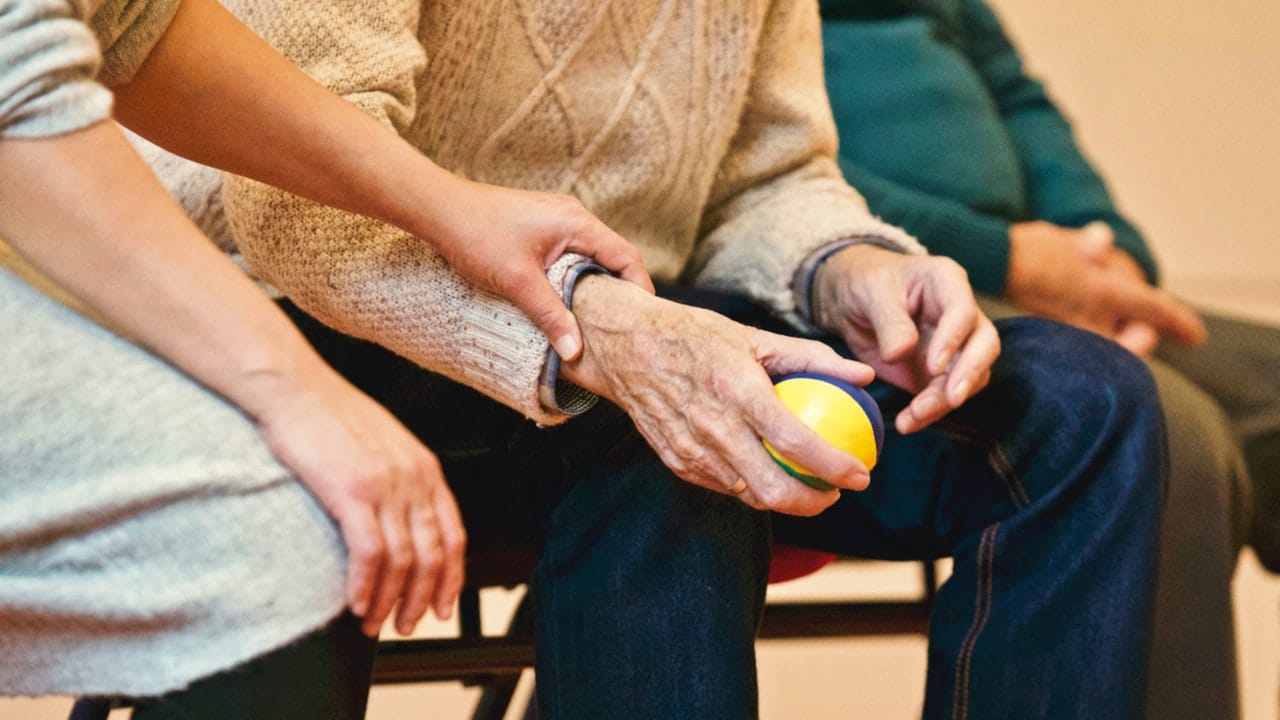In March 2020, as Canada began to see the spread of COVID-19, one of the worst-hit population groups was residents of nursing homes. Infections escalated quickly in these environments and became so difficult to manage that the province deployed military personnel to observe and provide support at homes with the highest rates of infections. Even more disturbing was a military report released in May 2020 detailing neglectful treatment endured by the residents at these homes.
Nearly a year and a half later, Ontario is seeing a number of lawsuits brought across the province seeking compensation for families who lost loved ones in care homes due to negligence and neglect. Complicating this trend was the Ontario government’s passing of the Supporting Ontario’s Recovery Act, 2020, (the “Act”), which came into force in November of 2020 and is retroactive to March 17, 2020. This legislation limits the ability of personal injury claimants to sue others after being exposed to or contracting COVID-19 in certain circumstances.
We covered the implications of the Act in a previous blog post. As more information comes out regarding the significant impact of the COVID-19 pandemic on residents of long-term care homes, questions relating to how the Act will affect victims and their loved ones become more important than ever.
What Supporting Ontario’s Recovery Act Says About COVID-19 Liability Protection
The Act applies to individuals, corporations, and “other entities”. Section 2 of the Act – the section specifically addressing the limitations on liability for COVID transmissions – reads as follows:
Protection from liability
2 (1) No cause of action arises against any person as a direct or indirect result of an individual being or potentially being infected with or exposed to coronavirus (COVID-19) on or after March 17, 2020 as a direct or indirect result of an act or omission of the person if,
(a) at the relevant time, the person acted or made a good faith effort to act in accordance with,
(i) public health guidance relating to coronavirus (COVID-19) that applied to the person, and
(ii) any federal, provincial or municipal law relating to coronavirus (COVID-19) that applied to the person; and
(b) the act or omission of the person does not constitute gross negligence.
According to the section above, personal injury claimants cannot sue an individual or corporation for exposure to or contraction of COVID-19 if, at the relevant time, that individual or corporation was making a good faith effort to follow public health guidance and federal, provincial, or municipal laws and did not commit “gross negligence”.
The Act does not provide a definition of “gross negligence” and so the big question is whether Ontario courts will find the actions (or inactions) carried out in the defendant long-term care homes rises to the level of gross negligence.
Ontario Cases Considering the Meaning of “Gross Negligence” under the Act
No decisions released to date have dealt with the meaning of “gross negligence” under the Act. However, a number of class actions are moving through Ontario’s courts against the province of Ontario and various long-term care homes relating to the outbreaks of COVID-19 in Ontario long-term care homes. In a recent decision, Nisbet v. Ontario, multiple class counsel groups were competing for the right to bring the class action. The court noted that the successful group was advancing arguments under the new “gross negligence” standard under the Act. While this decision dealt with procedural aspects of the case and did not consider the meaning of “gross negligence”, we will undoubtedly see clarity from the courts on its meaning as this case progresses (and as more decisions make their way through the courts).
Skilled Personal Injury Lawyers Serving Eastern Ontario and North Bay
If you suspect that a loved one may have fallen victim to harm or neglect, or for those whose loved ones have been harmed significantly or died as the result of negligence while in the care of a nursing home or care facility, contact Tierney Stauffer LLP. Our team understands the impact elder abuse can have on families. These are parents and grandparents entrusted into the care of others, and when that trust is violated, it can be difficult for families to recover. Tierney Stauffer LLP offers personalized care to help recover some of what has been lost and to hold those responsible financially accountable.
If you or your loved one have been injured in a nursing home or long-term care facility and require assistance identifying and protecting your rights, it is important to take steps immediately. Please reach out to us by telephone at 1-888-799-8057 or contact us online to set up a free consultation with one of our experienced personal injury lawyers.


